Unrepresentative US representatives in Congress
Some Americans have gone to polling stations across the country and voted in midterm elections. Certain Americans of voting age, like those with felony convictions, are not eligible to vote in most states. These Americans account for 2% of the voting population.
For more than a century, less than half of eligible voters in America have gone to the polling stations and voted in midterm elections.
The figures are even worse for minorities. One major reason for the low turnouts is that voters do not feel represented in Congress. And this feeling is also reflected in congressional approval ratings taken each month.
For over a century more than half of the American population did not vote in midterm elections. A country that has been calling itself the beacon of democracy is unable to draw even half of the voting population to its polling stations.
Normally, the turnout has been less than 40% and whenever it has been more than that, the main reason is usually due to some extraordinary events.
Experts believe that in recent years, the relative rise in votes has been attributed mostly to the radical supporters of Trump, on the one hand, and Trump “opposers” who feel they have so much at stake if Trump and his allies return to power, on the other hand.
The statistics of American participation in elections for more than a century make Biden's comments on democracy seem more like a joke than serious discourse.
My fellow Americans, please, if you have a seat, take it. I speak to you tonight from sacred ground in America; Independence Hall in Philadelphia, Pennsylvania.
This is where American made its declaration of independence to the world more than two centuries ago, with an idea unique among nations, that in America, we are all created equal.
This is where the United States Constitution was written and debated. This is where we set in motion the most extraordinary experiment of self government the world has ever known.
US President, Joe Biden
According to the United States Elections Project, an information source for the US electoral system, since 1916 there has never been a midterm election with more than a 50% turnout.
More than half the midterms since then have had turnout of less than 40%.
Normally a low turnout is attributed to the widely held belief that there is no meaningful difference whichever candidate or party you vote for.
Do Americans not care enough to vote in midterm elections?
Well, I mean, you have to put it into context that in any normal presidential election, you have perhaps 35%, and usually more, of the population that doesn't vote at all, the population that is actually eligible to vote. In the midterm elections, this goes down even further.
And so what you mostly have is people who come out, who are politically engaged, who want to, largely they want to punish the political party that succeeded in the presidential elections; they want to express their discontent.
And that's generally what you've got right now in the United States, that the will is to vote against someone and not to vote for something. I think that's what we're going to see in the midterms.
Daniel Burke, Former US Senate Candidate
American political hypocrisy is very consistent. While it is seen, time and again, that US officials and politicians criticize other countries for their democratic status or their voter turnout.
The US voter turnout is much lower than many countries. Now, mayoral elections in the country are even worse than the midterms.
For instance, in 2019 Philadelphia's mayor was elected with just 27% turnout and Chicago's was 35%.
Why do so few Americans vote in US elections?
I think part of the issue of America is the we're one of the few countries that has a two party system.
In many other countries you have a parliamentary system where you have multiple parties, and then those parties form a coalition in order to create a government. In America by contrast, you only have two parties represented the "left" and the "right" of the political spectrum.
Many people feel left out of that process. And let's say if I'm an environmentalist who was also a fiscal conservative, there's not really a party for that group in America (sic). Because of this, many people are just disenfranchised and disenchanted with the political process to the point that they stay home on election-day.
I think we're seeing those numbers slowly shift because, simply put, the importance of these elections, and the amount of money being spent to mobilize people to vote, I think because we only have a two party system, that's why the result is so few people voting in elections (sic).
Robert Patillo, Political Strategist
In terms of demographics, US voters are usually older, wealthier and white. African American and Latino voters vote less than white voters do.
Representatives also tend to support policy in favor of this demographic group. Minorities that feel neglected and unrepresented in the country's political establishment will become politically disengaged.
According to polls, those who never vote tend to be low income, young, and do not belong to any political party.
Increasing cynicism and distrust in the US government from the American population. I mean, it's been going on for decades that people see the deindustrialization of the United States.
They see the foreign entanglements, the insane regime change wars that have provided nothing but pain for the world and for the United States population.
And every time that a character comes along with promises, hope and change, it turns out that they have merely continued in this type of participation in horrific wars and destruction of the economy.
So people are appropriately depressed about that. But what we actually need in the United States is for people to come forward and recognize an affirmative conception, an affirmative policy, to solve that.
The last time anyone talked about that in a sincere way was Trump in his campaign. But then of course, his sincerity was quite in question when the result of his presidency was a continuation of those policies.
Daniel Burke, Former US Senate Candidate
It is not just that most Americans do not want to vote, but there is a large population that is not allowed to.
In the November midterm elections an estimated 2% of the voting age population was ineligible to vote because of laws banning people with felony convictions from voting.
According to a report published by the Sentencing Project, the population of those who are ineligible to vote due to a felony is close to 5 million.
And that is not all. Some policies also make it more difficult for people to vote. About 1/5 of the adult American population, about 48 million people, struggle to read at a basic level.
And some states have made it even more difficult for volunteers to help those who struggle to read to cast their ballots. In Georgia, Olivia Cody Pearson, who has helped voters for years, was arrested in 2020 when she was helping voters who struggled to read at the polls.
The problem is that congress people and senators currently represent special interest groups, as I said over $1.5 billion have (sic) been spent on this election thus far. And thus the people who are elected mainly represent the money political interests, the special interest groups, the donors, who were able to finance their campaigns, advocating for the American people.
It's now impossible for a normal person of average means to get elected just on a campaign representing the people, you have to have enough money, even on the state and local level, to put television ads up, to hire campaign consultants, who charge over $100,000 a year, to put together field teams and operations and buses and vans etc.
Robert Patillo, Political Strategist
Voter suppression is a tactic used by some politicians or parties to discourage or prevent groups of people from voting in the hope of getting elected.
Historically, only white male landowners had the right to vote, but when women, African Americans, and other minorities, won the right to vote, American politicians came up with other strategies to try and suppress those voters in districts that they believed would vote against them.
Yes, we do have a long way to go to get all of the people registered of voting age, maybe we can get 500 registered today; this would be a magnificent step forward.
Dr Martin Luther King
Voter suppression has been a part of the United States political landscape since the nation's inception.
Some politicians try to win re-elections by making it harder for certain populations, demographics and communities, to vote.
A common strategy is to reduce polling locations and also polling station times by having them open only during business hours.
The day of the midterm elections is not a public holiday and many low income workers will not be able to get the day off to go to polling stations in order to cast their vote during business hours.
The key thing right now is that the people in political power in the United States, in the mainstream ...war party situation, they want to keep Americans demoralized.
They want to keep them that way so that they can be controlled. They want to keep them distracted, as much as possible, and therefore, they don't want them engaged in politics, except when they're absolutely required to turn on votes to get their candidate (elected).
I think if you look at the past several weeks, some friends of mine have been involved in interventions, and many people that I've never met before have interrupted leading politicians, for example, Barack Obama, Mike Pompeo, and earlier Kamala Harris, recently, Alexandria Ocasio Cortez and Elizabeth Warren, and have demanded of them that they take account of the extraordinary danger of thermonuclear war, which has been created by their policies.
The coup in Ukraine in 2014, and everything since then leading into the special military operation by Russia in Ukraine; It is much more than a proxy war between NATO and Russia.
Well, now with American boots on the ground, so called, in Ukraine, we are really in the midst of World War III and we have to prevent it from going thermonuclear. We have to stop this insanity.
Daniel Burke, Former US Senate Candidate
Another strategy that politicians use is gerrymandering. Gerrymandering is the manipulation of electoral district boundaries to create an advantage for a specific party. For instance, Democrats try to construct coalition districts of liberals and minorities together with conservatives that result in democratic leaning districts. Republicans, on the other hand, try to place liberals together in one district and conservatives in others so as to create clear partisan districts.
Voter suppression is one of the most important issues in American politics, which the political right, for some reason, pretends does not exist.
Voter suppression is the process by which you make it more difficult for individuals at the lower end of the economic spectrum, the social spectrum, in America to vote. And by doing this, we're able to skim off votes, which makes it easier for parties and black majority power to be able to win.
So when people talk about voter suppression, they think that it's someone standing at the poll, someone standing outside of the polls with a fire hose and dogs, not letting anybody vote, when in reality, It is really just trying to get one out of every 100 voters to not vote.
Robert Patillo, Political Strategist
When American politicians mostly represent the white wealthy community, it is no surprise that they would have no interest in the rest of the population voting.
The New York Times reported in September that 97 members of Congress had reported trading with companies influenced by their committees.
When contacted, many of them have said that the trade had been carried out by a spouse or broker with no input from them.
There is every effort made to prevent legitimate ideas and concerns, a passion for the general welfare, to come forward. Look at the case of Chuck Schumer. He's the US senator from New York.
Right now, he is challenged by Diane Sare, an independent candidate for (the) US Senate... and she is the only independent candidate who was able to get on the ballot with extraordinary ballot requirements; 66,000 petition signatures she turned in for the 45,000 petition signature requirement, which is absolutely gigantic relative to the rest of the country.
I ran for (the) US Senate in New Jersey and I needed 800 signatures. So this required a very significant operation of volunteers and supporters. And what happened? She's been kept out of the debate, that major debate that took place between a Republican candidate and Chuck Schumer and she's been placed on a Ukrainian hitlist.
Ukraine which was financed by the US, or supported by the US government with votes that were made by Chuck Schumer to send tens of billions of dollars to Ukraine, including to support (sic) their civil government.
(The hitlist) was organized by the Ukrainian government and then to label people on it "info terrorists" who they claimed, should be treated as war criminals.
Daniel Burke, Former US Senate Candidate
With the loyalty of politicians at the feet of campaign donors and lobbyists it is no wonder people are no longer interested in voting.
Representatives are not allowed to receive gifts of value from lobbyists so instead of receiving funds directly, they hold campaign fundraising events at luxurious holiday resorts and receive contribution from lobbyists, who fly over to the event, and use that contribution to pay for their hotel, airfare and catering bills.
We have been campaigning towards the lowest common denominator in America. Instead of having these kind of high minded ideals of democracy and of exceptionalism pushing the nation forward, and very large part of it comes down to a question of who you dislike the least.
You're not voting for the better candidate, but the lesser of two evils which are running, so because of this you have a lot of voters who feel that they are not spoken to.
We have something called the Citizens United case, decided in 2010, which allowed unlimited money to come into American politics. This unlimited money, unlimited influence for the rich, powerful well connected, that we see in American politics, as it currently is constituted (sic).
Robert Patillo, Political Strategist
With all the dirty politics surrounding the election of members of Congress, it's not surprising that the approval rating of congress is almost always very low.
According to recent polls conducted by Gallup, only 23% of Americans approve, while 75% disapprove, of the way Congress is handling its job.
Since January 2021 the approval rating has consistently been lower than 40% with a high of 36% and a low of 16% in June.
Why does the United States Congress have such low approval ratings?
Well, if you look at it, America had this system that was built to do nothing. Our founders were so concerned about one party, or one branch of government, becoming too powerful and using tyranny on the public, they created a system of checks and balances which has now turned into a system of gridlock.
In order to get anything signed into law you have to have something passed by the House of Representatives then it goes to the Senate, and has to pass the Senate, then it goes back through a process where you bring the bills together ... both sides vote on it.
Robert Patillo, Political Strategist
Gallup polls show that, since 1975, approval ratings for the US Congress have almost always been low.
There was a spike of approval around 2001, just after the September 11 attacks on the World Trade Center. Interestingly, this approval rating is attributed to the joint congressional resolution that authorized the use of the United States armed forces against those responsible for the September 11 attacks.
That was an exception, one of the few elections driven by severe and harsh partisan political campaigns. Most midterm elections in the US are dull and most Americans do not care to participate.
Low turnout signifies political disengagement by the majority of the US population yet it might be exactly what many American politicians truly want.
While serving their own interests and being loyal only to wealthy corporations who pay the bills, the two major US political parties will most likely continue to use dirty tactics to win elections at any cost.
Israeli strikes kill 88 Palestinians in northern Gaza
American voters plainly rejected complicity in Gaza genocide: Iran FM spox
ICC should issue more arrest warrants for Israeli authorities over Gaza genocide: UN expert
Israel using AI weapons co-produced by India in Gaza genocide: Report
Israel issues new evacuation orders, shortly launches strikes on southern Lebanon
VIDEO | Press TV's news headlines
From Iraq to Gaza: The great disconnect between British people and rulers
Syria condemns Israel's killing of 36 in 'horrific' strike on Palmyra


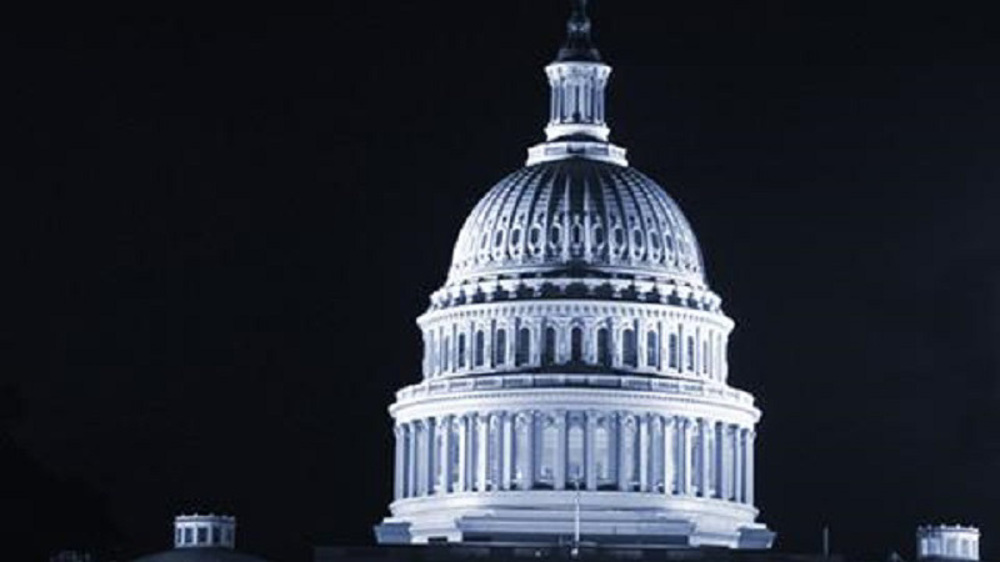
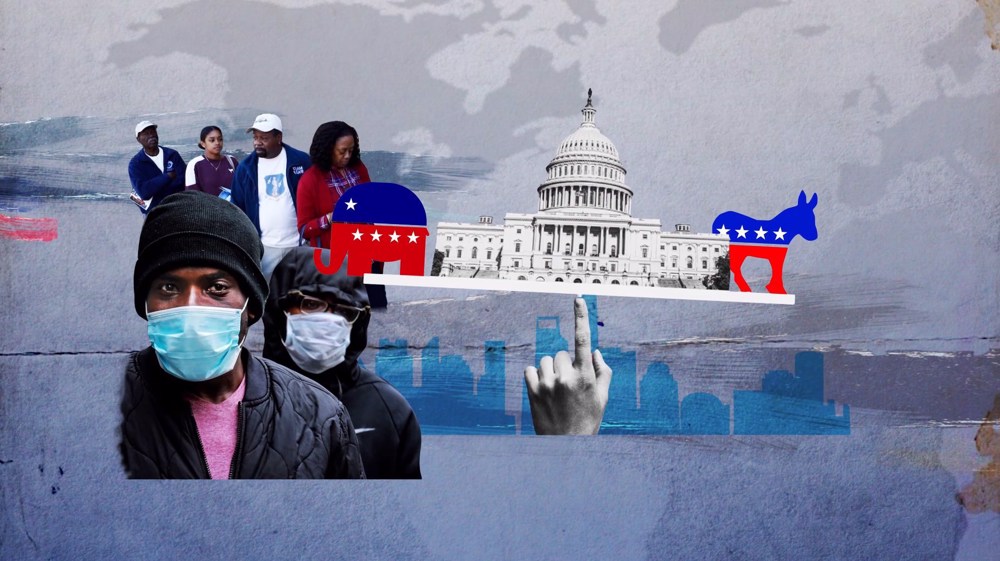
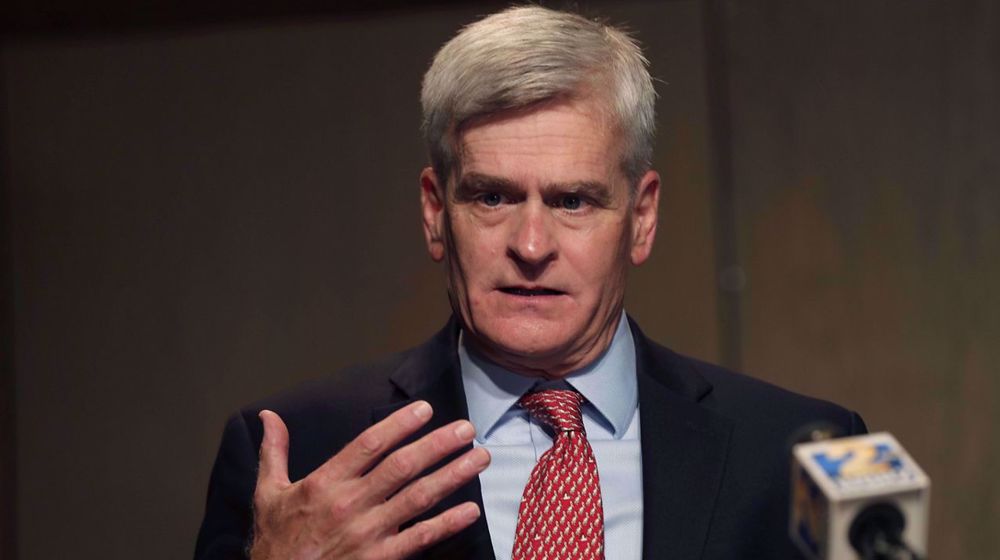
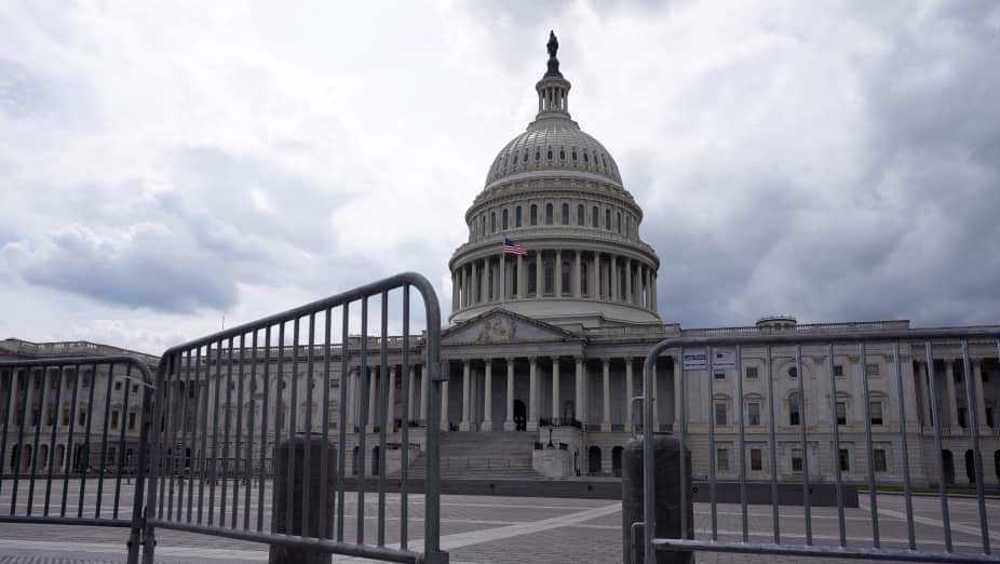
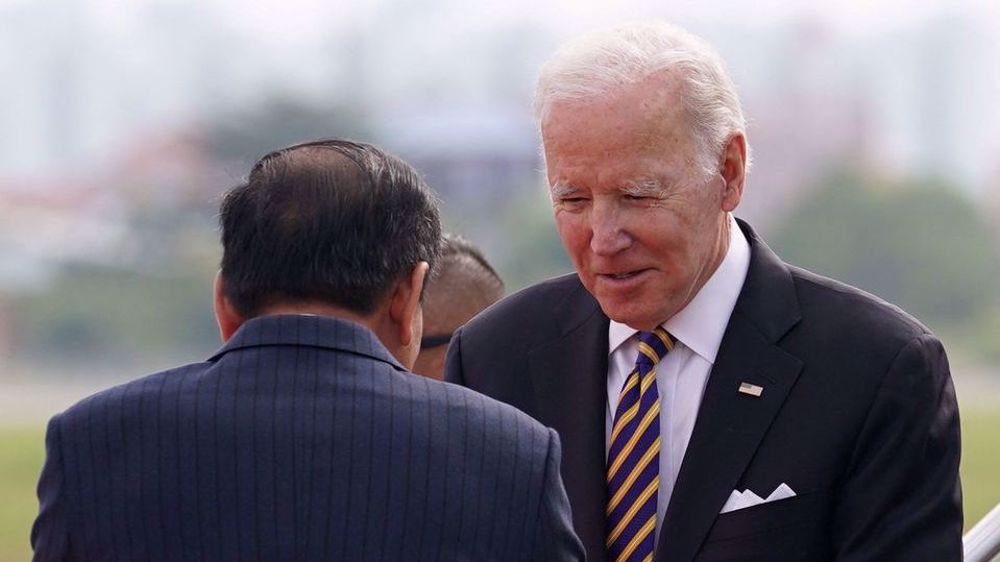
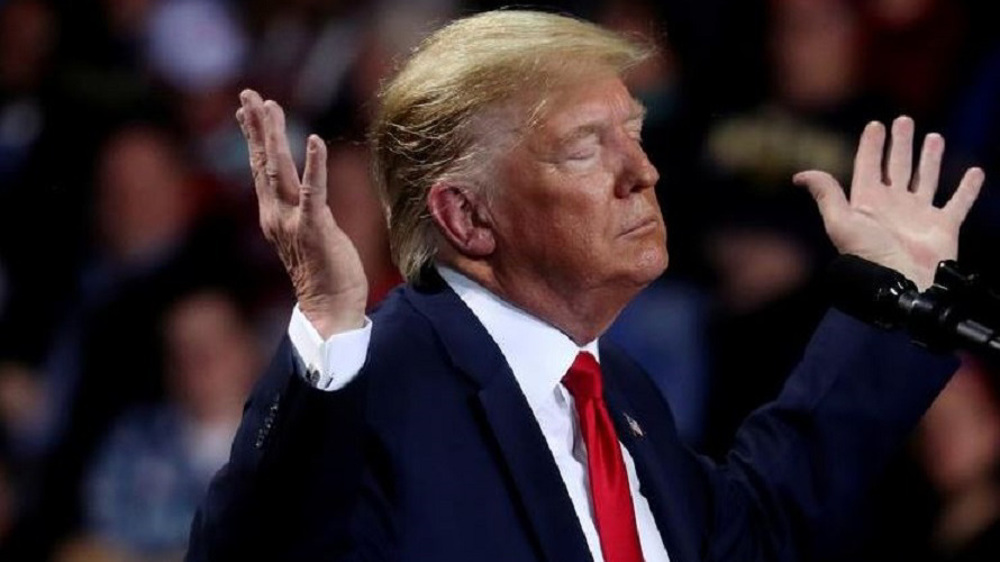
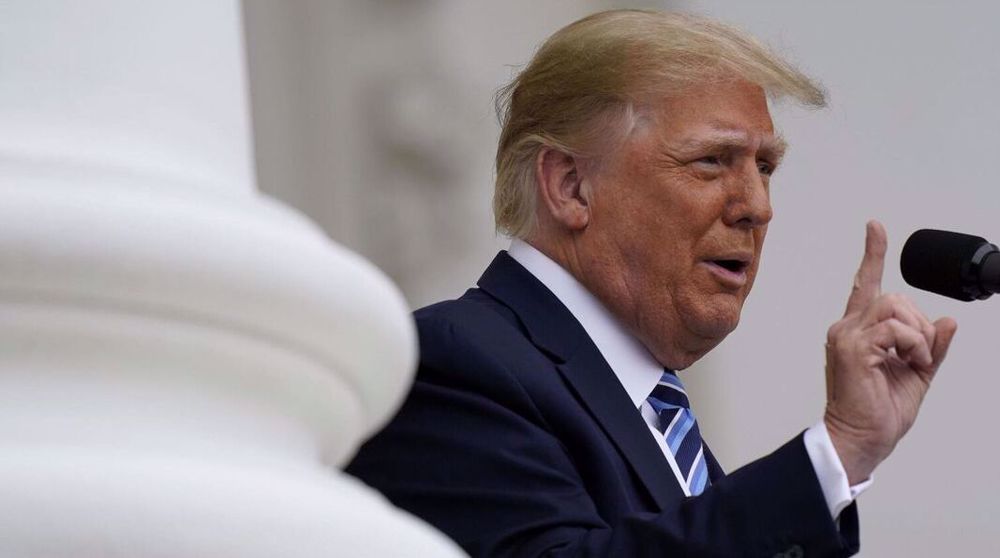
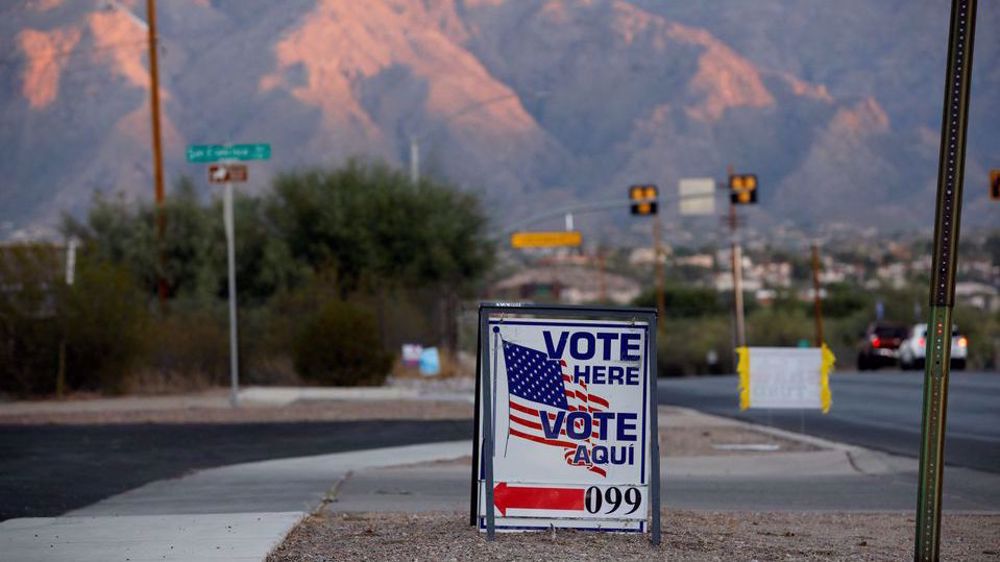
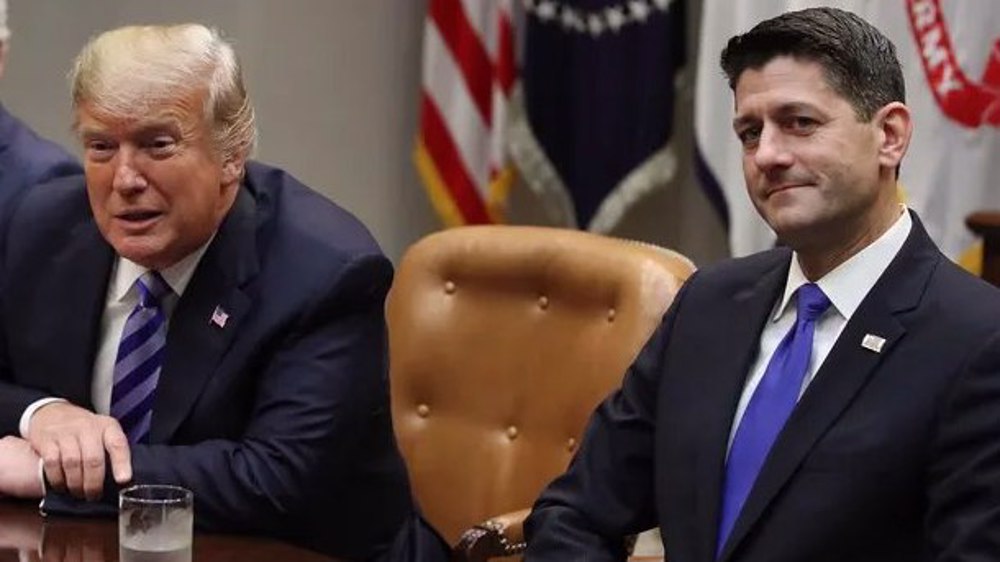

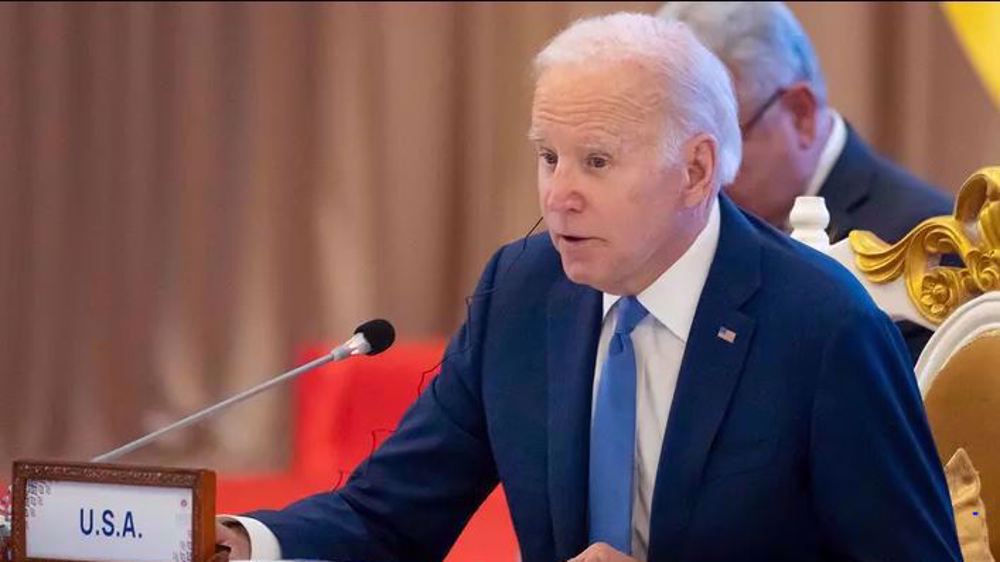
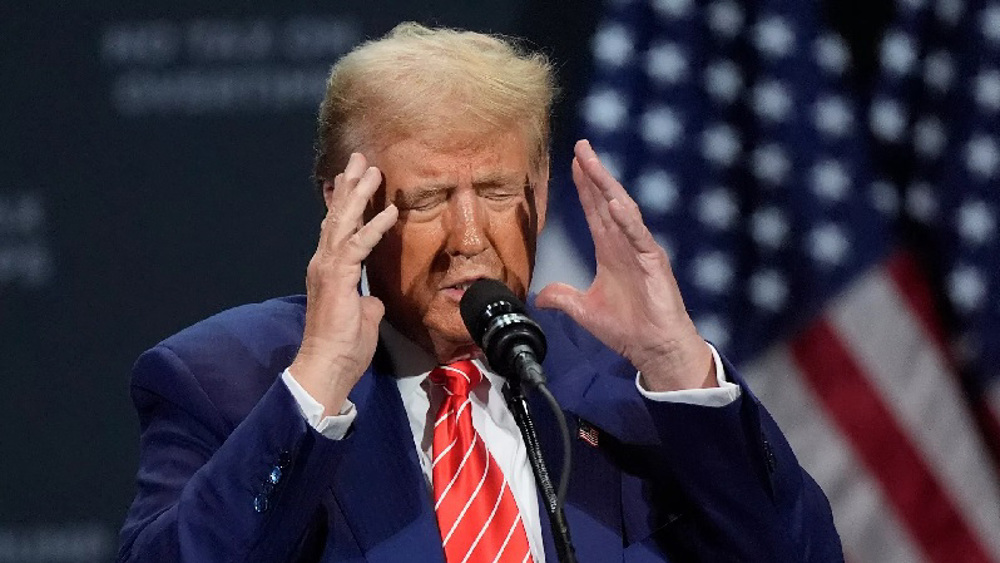
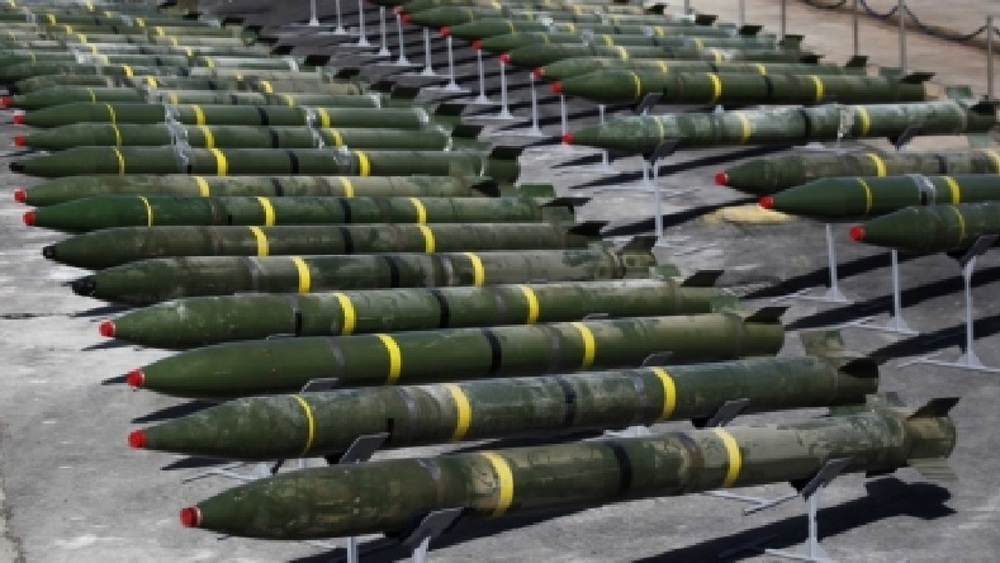
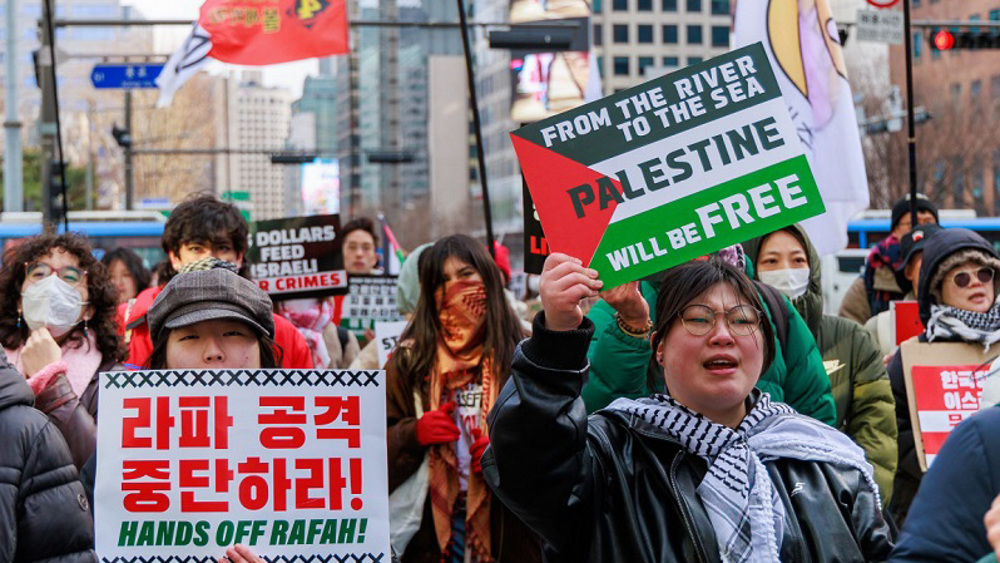





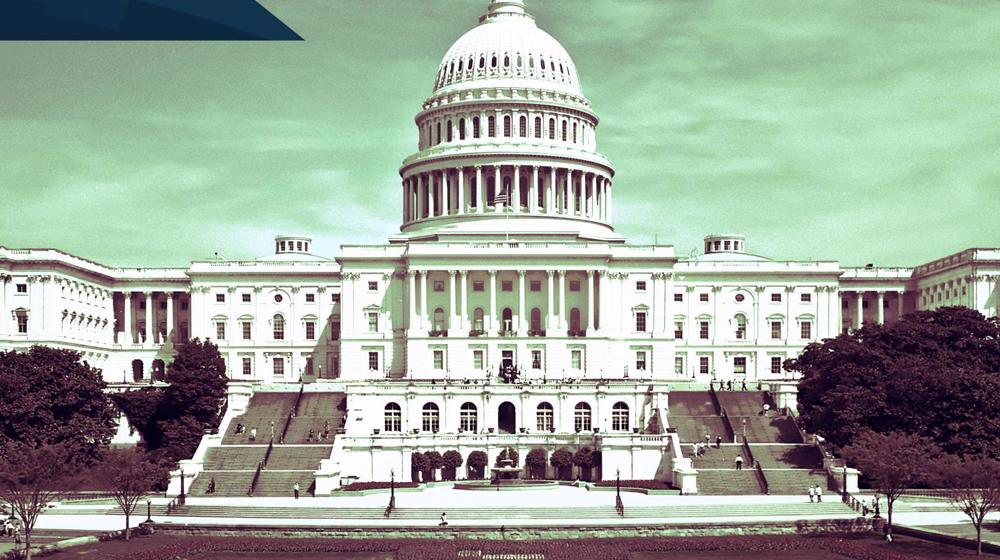
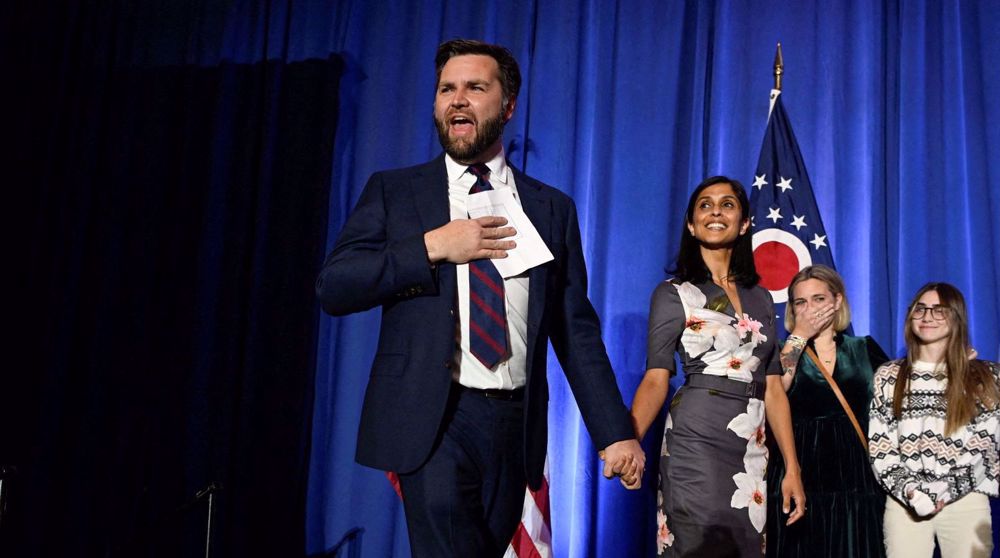
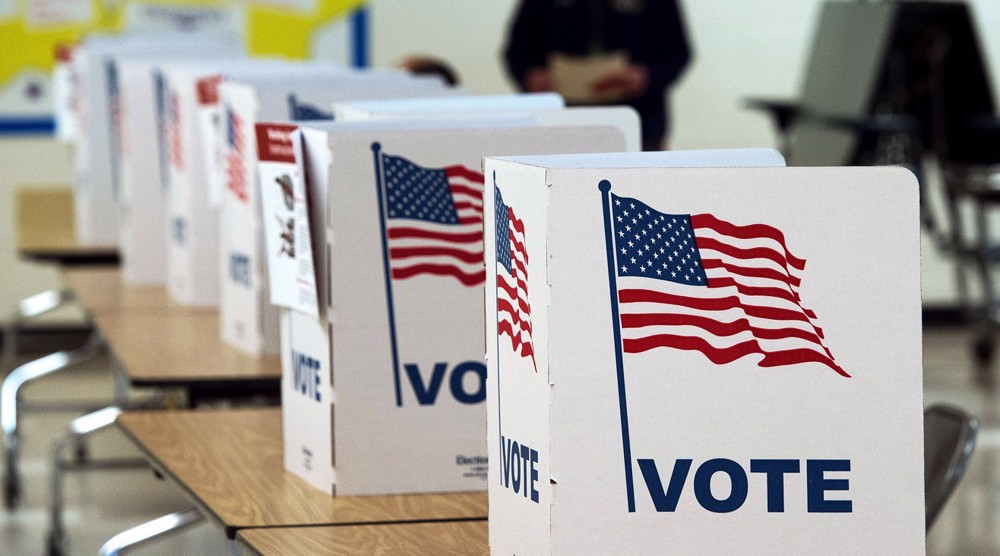
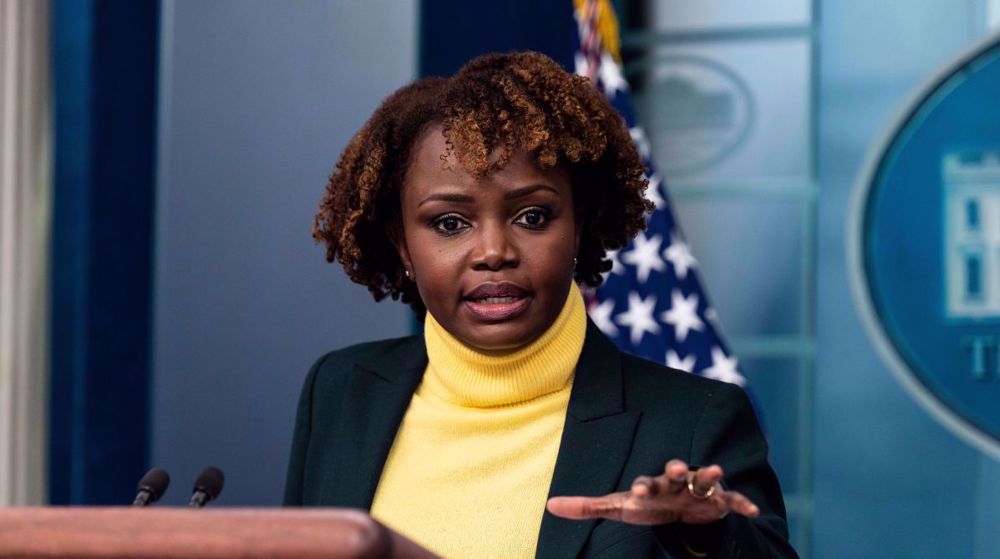
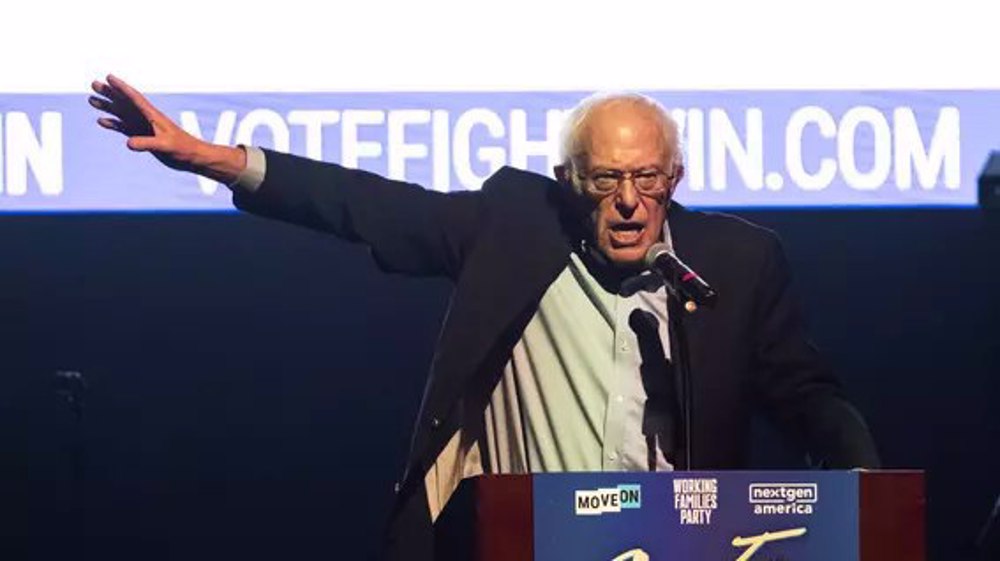
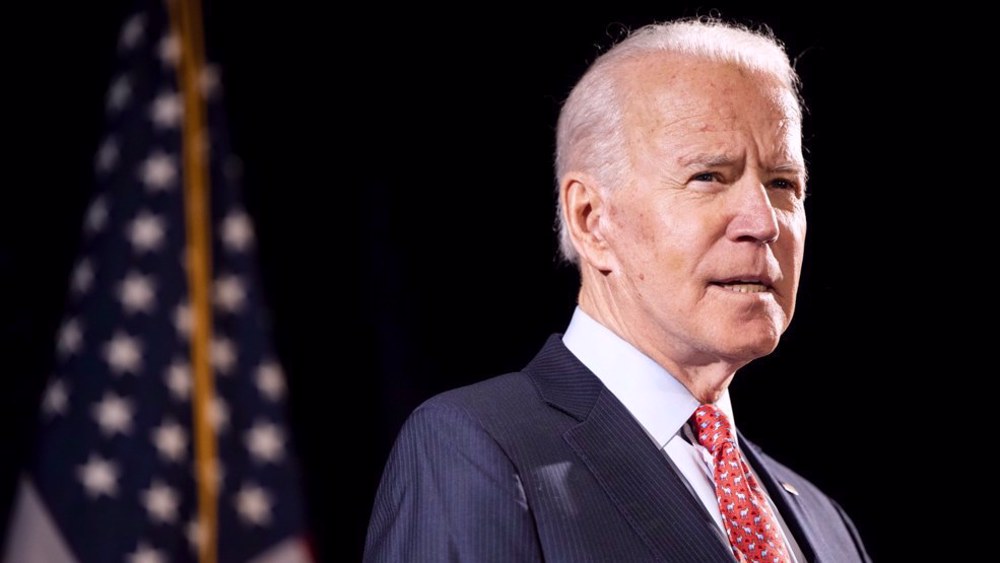

 This makes it easy to access the Press TV website
This makes it easy to access the Press TV website